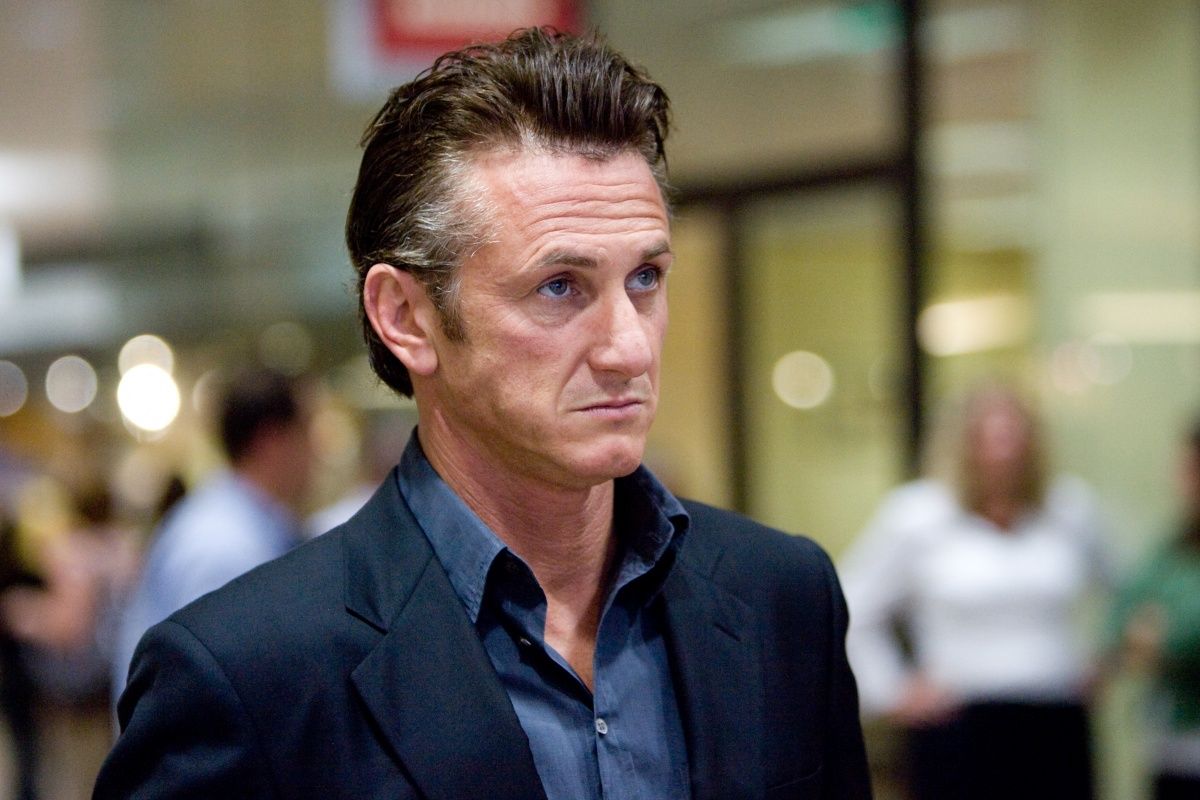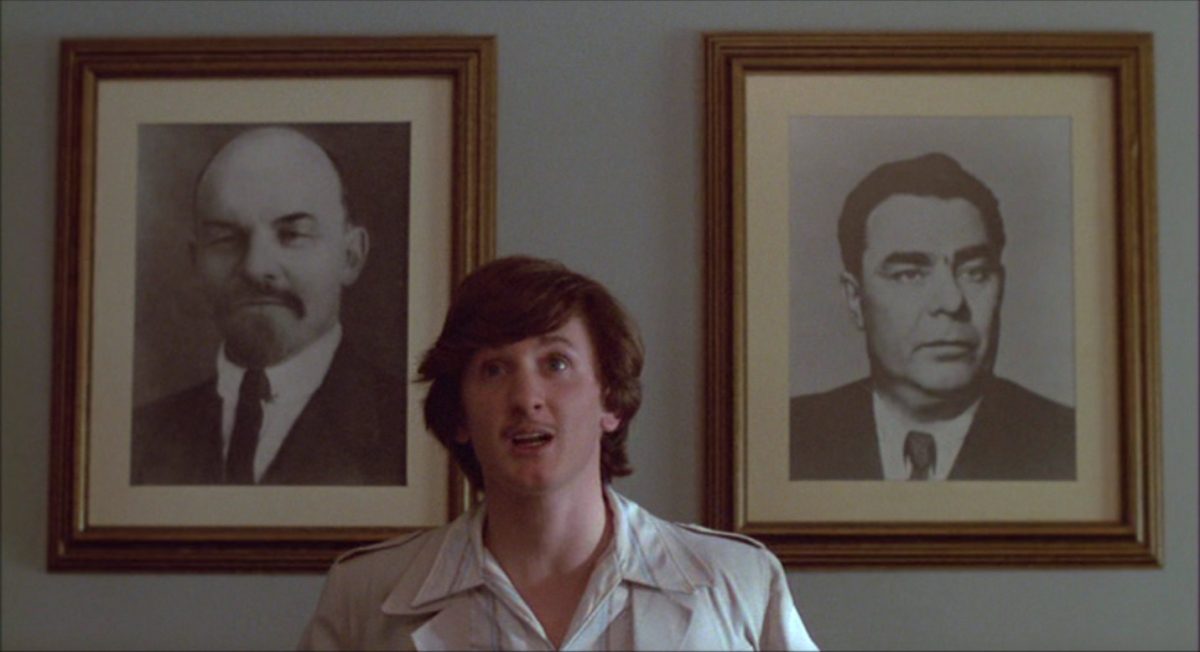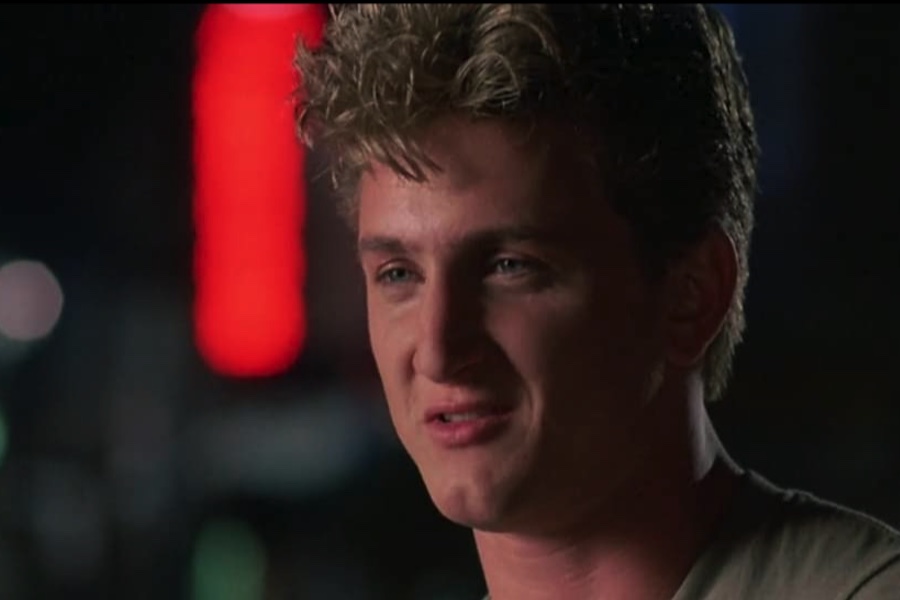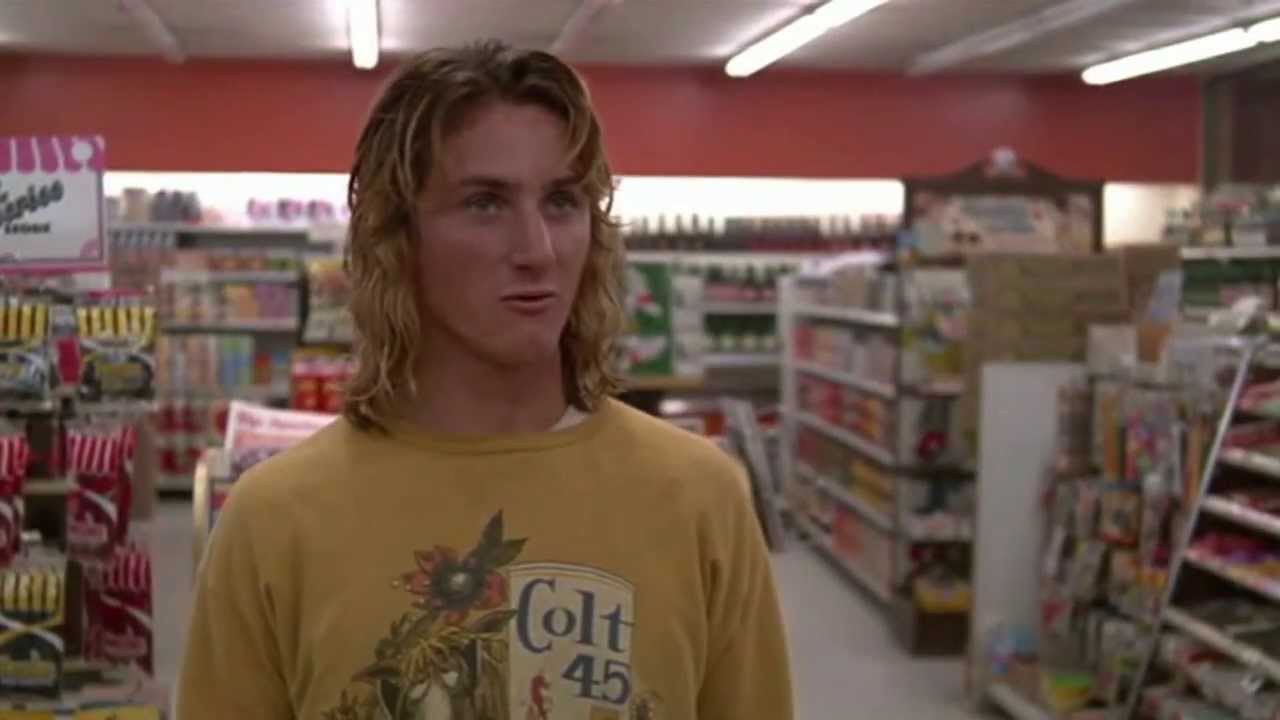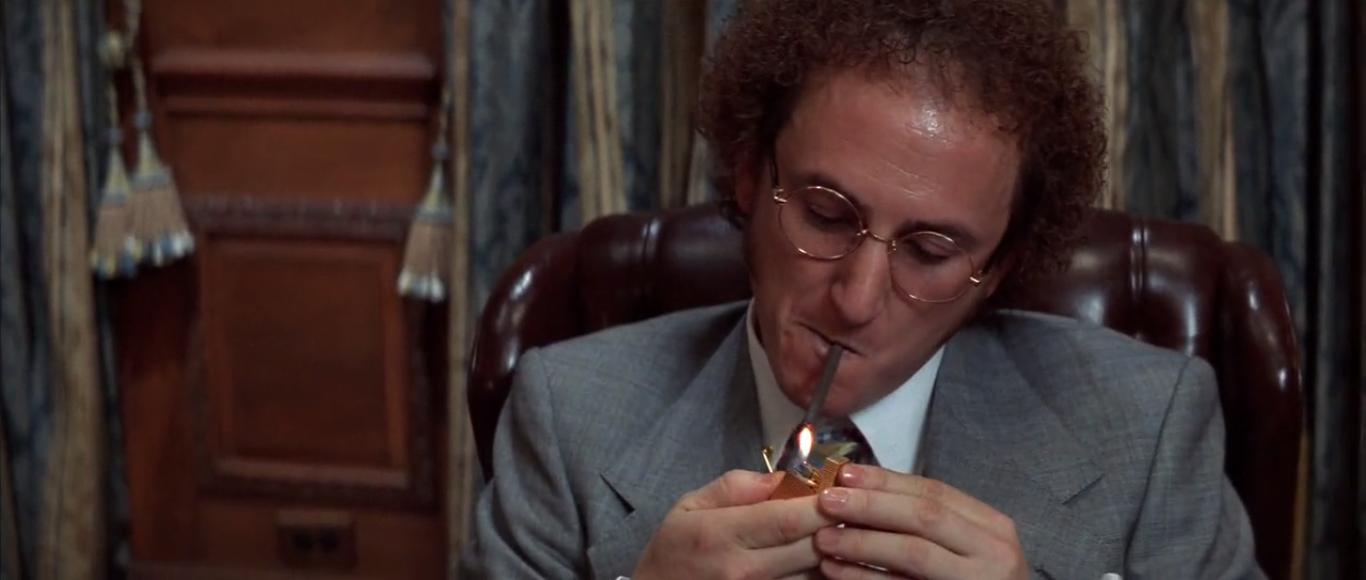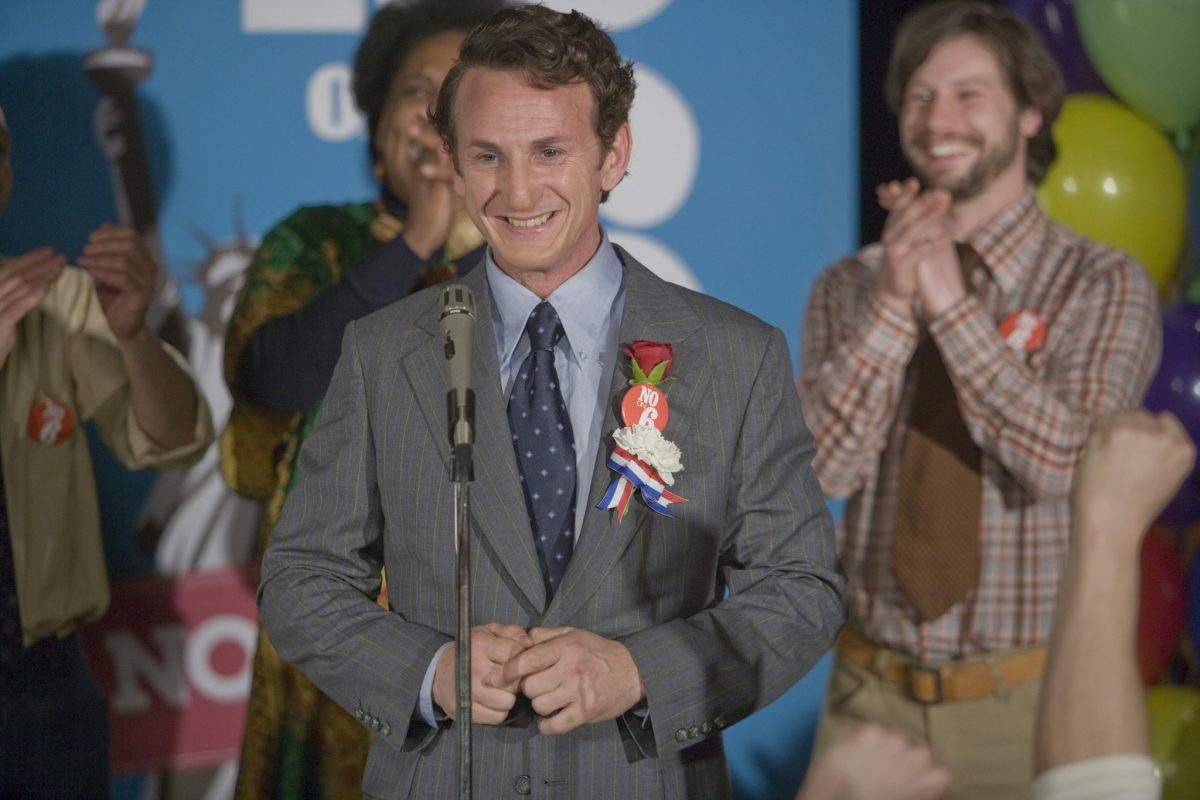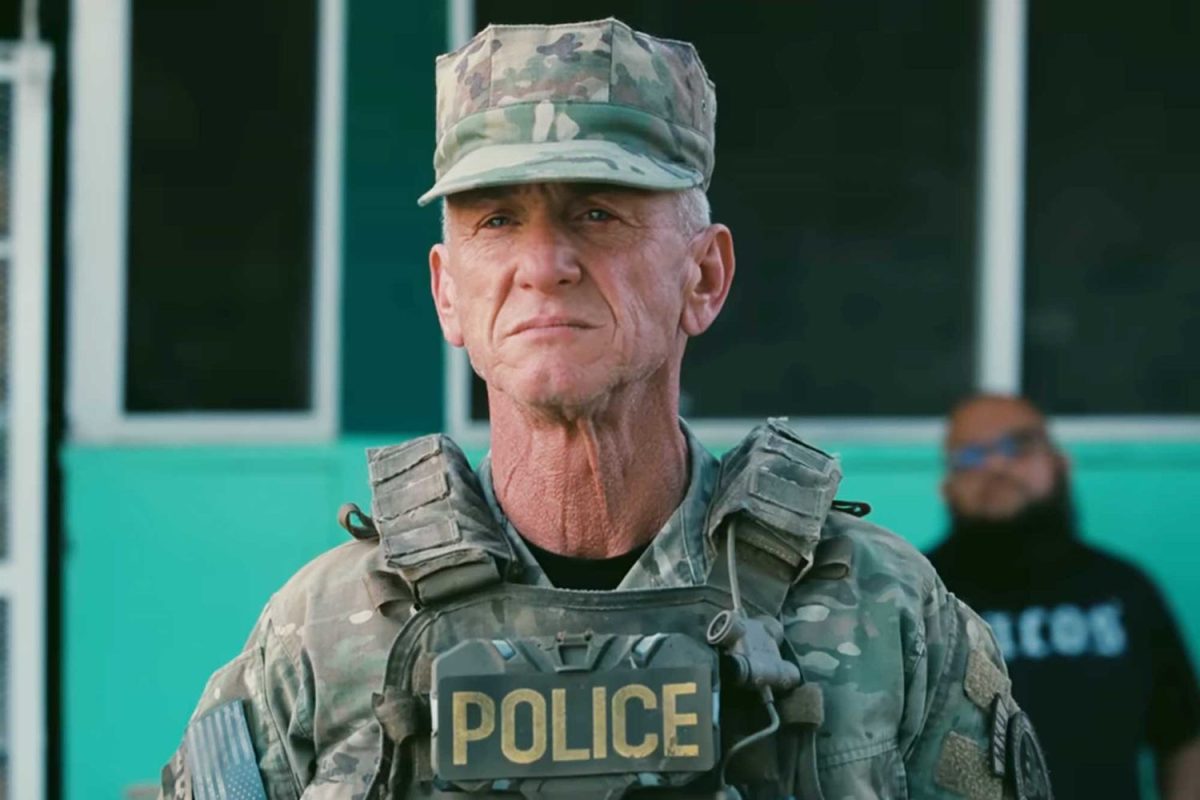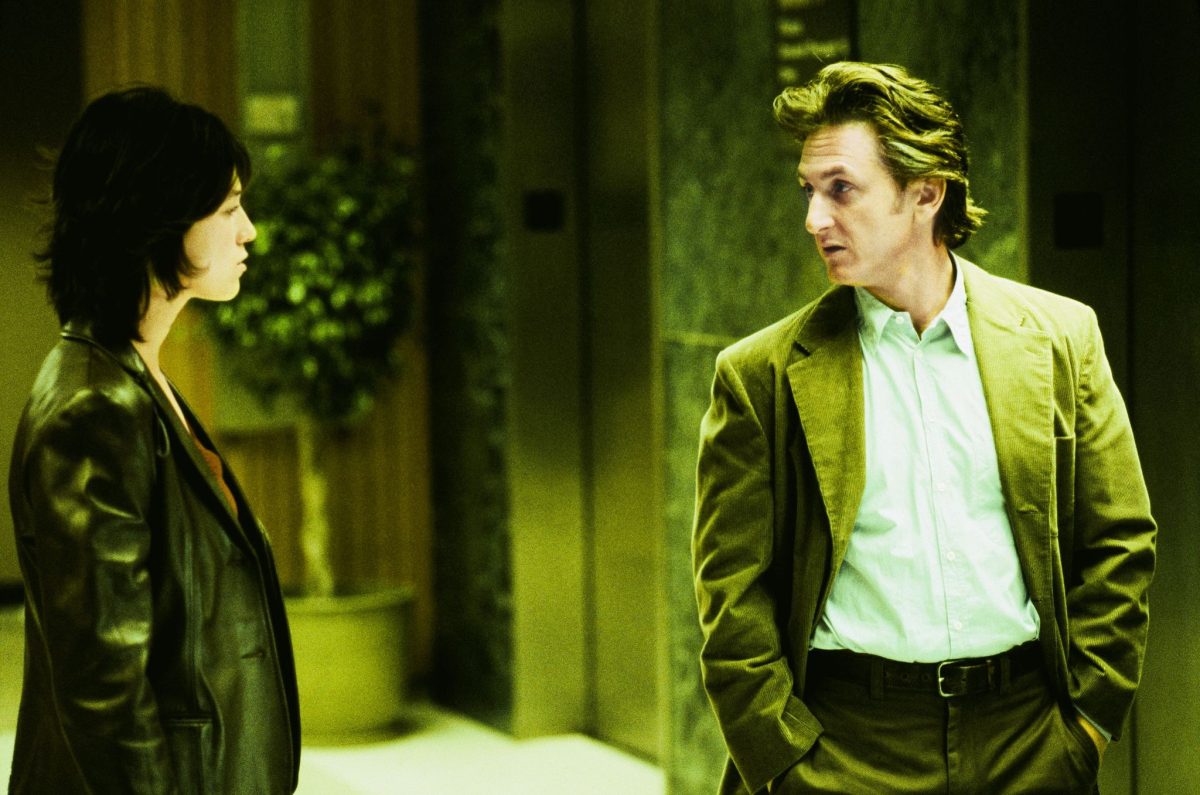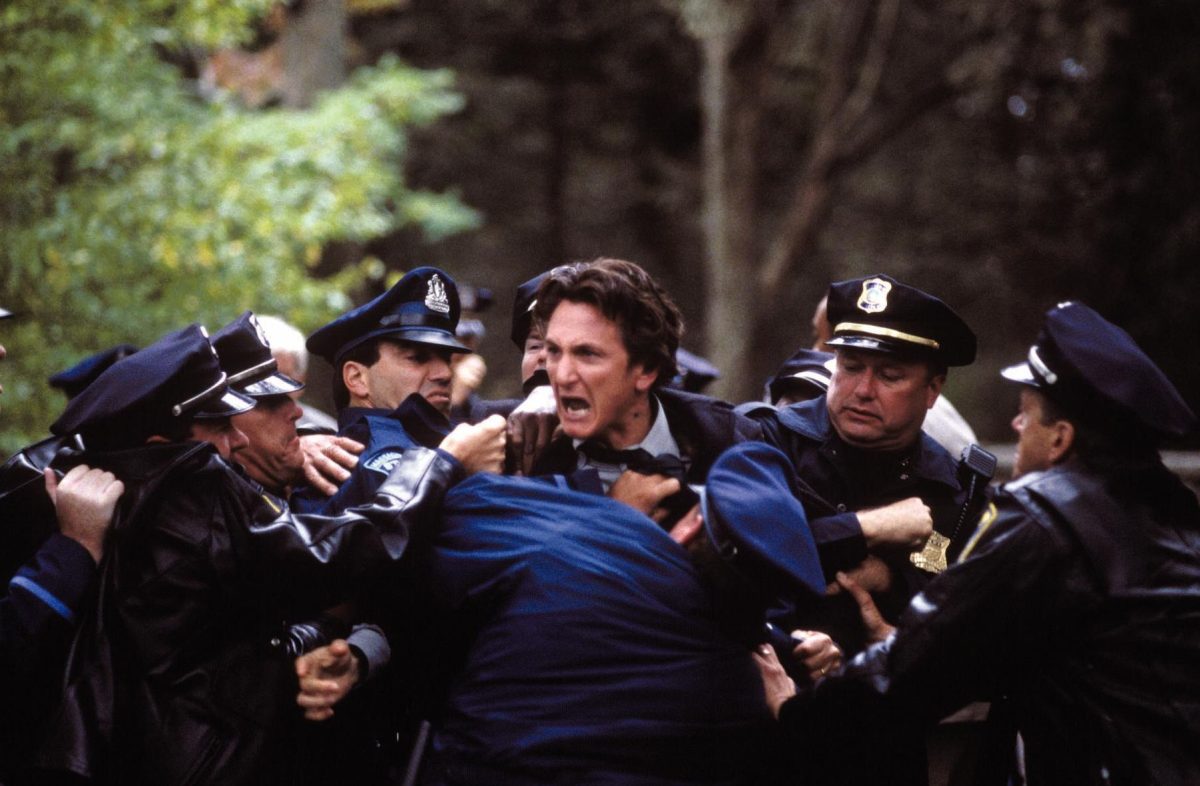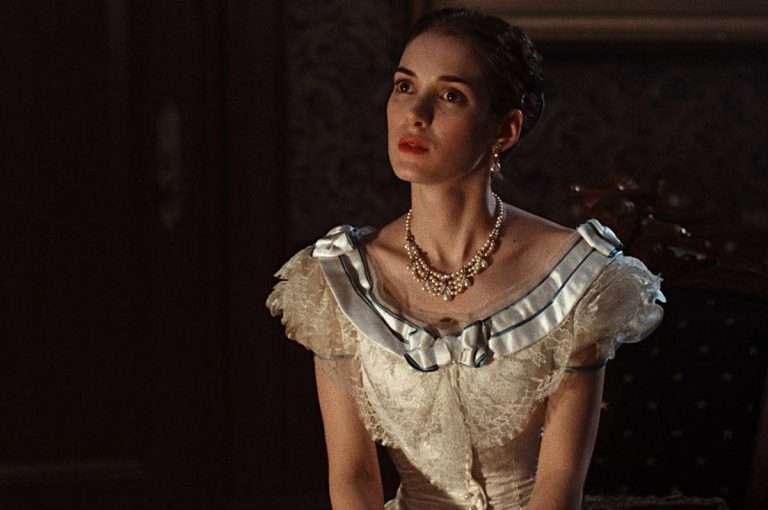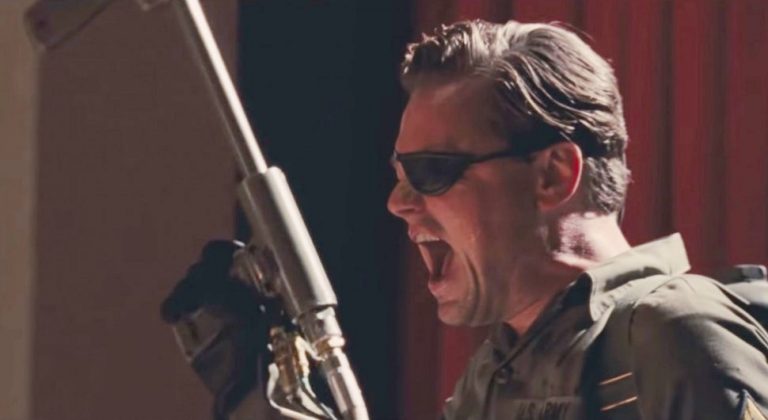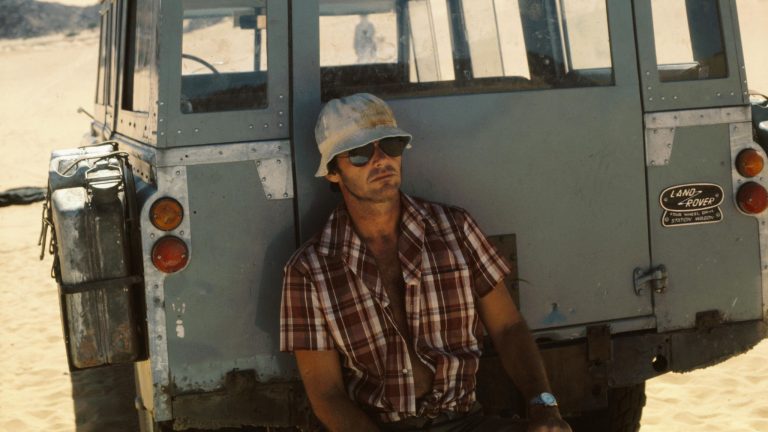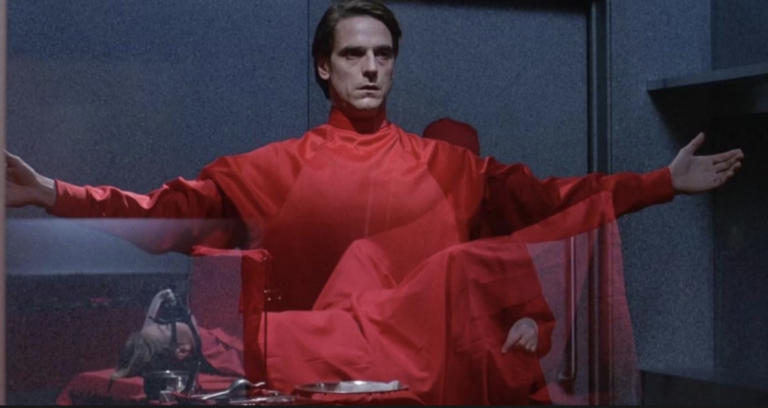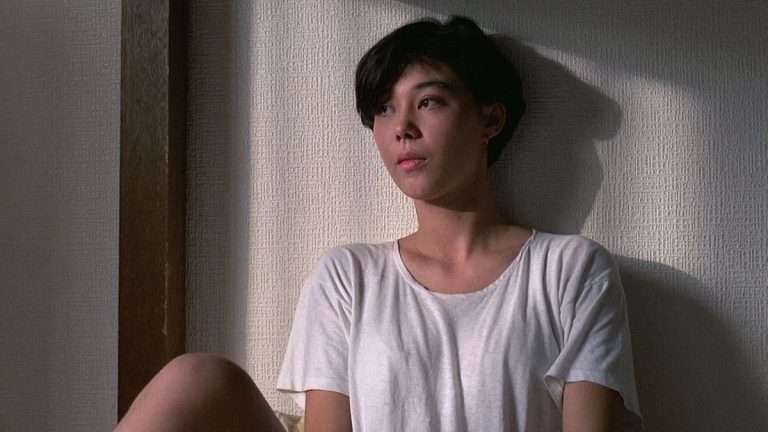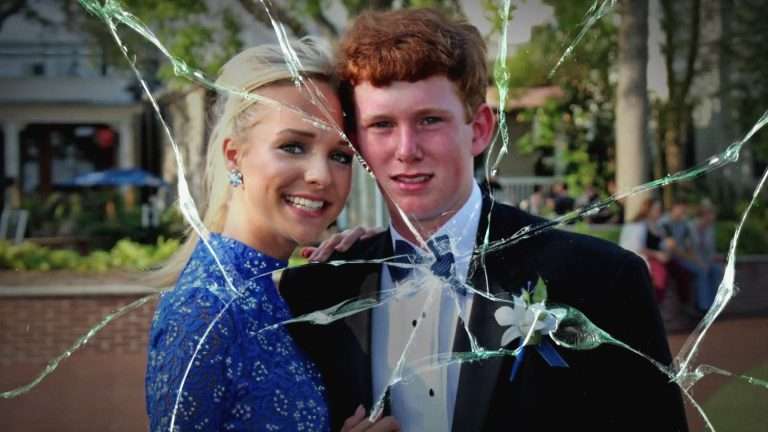Sean Penn is one of the few living actors who could feasibly be listed as one of the greatest of all time without any pushback. Although at 65 years old, Penn likely still has a plethora of great performances left in his career, he’s carved a filmography so groundbreaking, unpredictable, and diverse that his status as a legend is already solidified.
Even though Penn emerged in the 1980s in the midst of the “Brat Pack” era, he quickly established himself as an intense, committed performer who was chameleonic in his ability to inhabit characters. After his heartbreaking role as a violent teen in the dark coming-of-age film “Bad Boys” and his terrifying turn as a bureaucratic sergeant in Brian De Palma’s Vietnam War drama “Casualties of War,” it felt like Penn’s talents were limitless.
Penn’s private life was often as discussed as his performances, but even those exasperated by his tabloid-worthy antics would be hard-pressed not to acknowledge how brilliant his performances often were. While he’s often thought of as one of the finest dramatic actors of his generation, Penn certainly has an aptitude for comedy that’s both unpredictable and brave, and he’s even found himself as a more traditional leading man in action and romance films.
Penn has worked with many of the greatest directors of their respective generations, but he’s also an accomplished filmmaker in his own right, and helmed such gems as “The Pledge” and “Into the Wild.” Here are the top ten greatest Sean Penn film performances, ranked.
10. The Tree of Life (2011)
Penn was one of the many actors who had a small role in Terrence Malick’s ambitious World War II epic “The Thin Red Line,” which was so haphazard in its editing that Adrien Brody turned up to the premiere, only to realize that a majority of his scenes had been cut. Thankfully, Sean Penn was given another chance to work with Malick when the acclaimed Texas director crafted his most groundbreaking and impressionistic project yet with “The Tree of Life.”
Although it may be a cliché to refer to any films with arthouse qualities as a “tone poem,” it’s hard to find a title more worthy of that description than “The Tree of Life.” It’s an epic about eternity, creation, human nature, and evolution, but it’s also an intimate coming-of-age story about a young boy pulled between the serenity of his mother and the aggression of his father.
Penn had what may have been the most difficult role in the film as the older version of the main character, Jack, who is played in flashback scenes by a then-unknown Tye Sheridan. Penn’s task is a largely wordless one: to internalize and perform a lifetime of pain, going through the exact reflection and astonishment a viewer experiences when first encountering Malick’s stark vision. Finding an actor with the screen presence needed to fulfill this important, yet understated role was no easy task, but the faith that Malick had in Penn’s range helped add the finishing touch on one of the 21st century’s most undisputed masterpieces.
9. The Falcon and the Snowman (1985)
While it’s been somewhat forgotten over time when looking at the other great anti-establishment films of the 1980s, “The Falcon and the Snowman” is a truly haunting critique of American expressionism that captured Penn at the edge of truth. Inspired by the true story of two young men who traded national secrets during one of the most intense periods of the Cold War, “The Falcon and the Snowman” united Sean Penn with Timothy Hutton.
Hutton was another ambitious young actor who made a name for himself by taking on difficult, divisive roles. He had already won an Oscar at this point in his career for his heartbreaking turn as a grieving teen in Robert Redford’s Best Picture-winning masterpiece “Ordinary People,” so it was Penn who was tasked with proving himself worthy of sharing the screen. It’s with all respect to Hutton to say that Penn blows him out of the water. His uncaring, reckless portrayal of a young man playing with fire seemed to encapsulate the ills of American opportunism throughout the 21st century.
Perhaps the most unnerving aspect of “The Falcon and the Snowman” is the formalism with which it was directed by the great John Schlesinger, who crafted a structure not dissimilar to other “rags to riches” epics. The nihilistic turn that the film takes isn’t just shocking because of how far Schlesinger is willing to go in order to show consequences, but as a result of Penn’s surprising ability to find the broken, pathetic soul of a character ignorant of the destruction that he has caused.
8. At Close Range (1986)
“At Close Range” was a film that was respected at the time of its release, but has now only risen in its critical reputation when its novel approach to a familiar genre is taken into consideration. Although it deals with the themes of personal ethics and human nature that are frequently explored in American crime films, “At Close Range” is earnestly devastating in its scathing portrayal of a difficult paternal relationship.
Penn was again cast alongside an Oscar-winning actor. He played the impoverished teenage son of a career criminal played by Christopher Walken. The mechanics of the heist in “At Close Range” are riveting, but it’s the hopeless search for a father’s love that makes Penn’s performance so unforgettable.
Walken would eventually find a second life for himself after “Saturday Night Live” exposed his comedic sensibilities to the world, but “At Close Range” is perhaps his most stark, fearsome performance. Although his capacity for cruelty may initially feel dramatic, the film’s strength is in identifying the moments of vulnerability within both characters.
Penn’s ability to conjure the scrappy, unconfident nature of a young man finding his place in the world may seem surprising when compared to the grittier roles that he took on, but it’s also hard to imagine any other actor of his generation being able to pull off the bleak, hateful nature of “At Close Range.” While it was released at a time when Sean Penn was already a known quantity, “At Close Range” seemed to confirm that he would be a significant figure within cinema for several generations.
7. Fast Times at Ridgemont High (1982)
It’s amusing to remember that Penn, one of the most intense stars of the past several decades, got his breakout role within the raunchy teen comedy that defied all expectations of what a high school comedy could be. Before the John Hughes era of wholesomeness and relatability, “Fast Times at Ridgemont High” took a wild approach to raucous sex, drugs, and partying within the last weeks of high school.
Although the brilliant comedic director Amy Heckerling was responsible for the note-perfect timing of the film’s greatest gags, “Fast Times at Ridgemont High” achieved a signature level of authenticity as a result of a screenplay by future Oscar-winner Cameron Crowe. The result is a film that is unafraid to look at the bleak, hopeless feelings that are common within such a sensitive period in a young person’s life, which somehow makes all the wacky stoner humor more effective.
Penn’s performance as the unapologetic surfer-bro Jeff Spicoli is one of the greatest comedic characters of the 1980s, and one of the most memorable scene-stealers. Even if it’s a film layered with many strong performances from young stars, “Fast Times at Ridgemont High” left an indelible mark on culture as a result of Penn’s brilliant portrayal of the ultimate underachiever. It’s a testament to Sean Penn’s skill that Spicoli maintains a degree of realism, largely because the film employs the clever trick of avoiding any forced sentimentality that would ultimately compromise the character’s integrity.
6. Carlito’s Way (1993)
Penn’s second collaboration with De Palma, after “Casualties of War,” marked an interesting change of pace for them both. While some may have expected the next epic gangster thriller from De Palma to have the same frantic, breathless sadism of “Scarface,” “Carlito’s Way” was an oddly contemplative, atmospheric drama that featured a truly great performance from Al Pacino during a period he had been known to overact.
In a reversal of roles, it’s Penn who was cast as the drug-addled lawyer who finds himself trapped in the midst of a drug war and criminal conspiracy. It’s a performance that fits like a stick of dynamite within a fractious situation, as Penn steals every scene that he’s in by making all the wrong choices.
De Palma is a filmmaker known for using stylistic flourishes and clever editing tricks to heighten the suspense, but “Carlito’s Way” saw him putting a greater trust in his actors, with Penn given many extended scenes where he’s allowed to slowly find the character. Even though Penn was nearly unrecognizable in one of his most impressive physical transformations, his performance is also darkly amusing, and proved to be worthy of both resentment and pity. “Carlito’s Way” may have felt like the conclusion of an old-fashioned era of New Hollywood crime epics that would rarely return in the following decades, but Sean Penn’s transfixing supporting performance felt like the type of calculated risk that only would have been possible had a well-known star been willing to play such a loathsome role.
Must Check Out: 25 Best Oscar Winning Performances (Male)
5. Milk (2008)
“Milk” is a film that rose above all the expected cliches of a historical biopic as a result of the meticulous direction of Gus Van Sant and a surprisingly warm, empathetic performance from Penn. Van Sant had been on a streak of making bitter, provocative works of experimentation like “Gerry” and “Last Days,” but “Milk” was by no means a safe attempt at making something more commercial.
“Milk” explored the unyielding experience of a man who defied all expectations and burst past barriers, despite deep-seated opposition that never allowed him to succeed. It’s a film that is tragically about someone whose trailblazing openness made him vulnerable to the violence of the status quo, yet managed to leave an impact that started his own revolution.
Penn’s performance is a masterclass in small moments, as the film shows the specific moments in which Harvey Milk found the courage to stand for his beliefs in the face of oppression. The iconic documentary “The Times of Harvey Milk” may have made his mannerisms and rhythmic vocals iconic, but Penn’s performance never feels like a caricature of reality.
Although there are few actors better-suited to playing a rousing politician capable of inspiring the enthusiasm of a crowd, Sean Penn’s ability to be meager, timid, and at times susceptible to emotional manipulation may be what earned him the second of his two Academy Awards for Best Actor. Two-time acting winners are only able to win a second trophy if it is truly deserved, and Penn’s role as a heroic figure was simply undeniable.
4. One Battle After Another (2025)
Penn has certainly done some interesting work within the last decade, even if he’s been in films of middling quality, but “One Battle After Another” was a keen reminder that he hadn’t lost his touch. Within Paul Thomas Anderson’s tapestry of American class warfare, Penn is cast as the unforgettable villain Steve Lockjaw, a brutalistic military leader tasked with taking down the revolutionaries who helped free immigrants from internment camps.
Lockjaw is as nasty, prejudiced, and sadistic as villains can be, but he’s also a pathetic figure who is helpless to resist his impulses. Penn’s characterization of Lockjaw’s desire to be accepted, even if he hates his own urges, complicates the film’s perspective on the banality of evil.
Penn’s performance could have easily become too large for its own good, as the stagnant voice and stunted physicality could have turned him into too much of a caricature. However, Sean Penn’s willingness to find the hapless, perpetually unlucky streak of a man destined to be the scapegoat of a right-wing conspiracy finds the fine line between uproariously funny and completely frightening.
As “One Battle After Another” has already been accepted as a modern masterpiece, it seems likely that Penn’s work will be mentioned in the same breath as Javier Bardem in “No Country For Old Men,” Heath Ledger in “The Dark Knight,” and Christoph Waltz in “Inglorious Basterds” when discussing the best contemporary screen villains. It could also win him a third Oscar, which would put him in an exclusive club of male actors that includes Daniel Day-Lewis, Walter Brennan, and Jack Nicholson.
3. 21 Grams (2003)
Penn’s aptitude for finding futility, faith, and forgiveness within even the most depressing of circumstances made him the perfect choice to star in a film by Alejandro Inarritu, a filmmaker whose athletic interest in exploring human suffering has won him both praise and criticism. Although he had broken out to international audiences with his acclaimed debut “Amores Perros,” Inarritu crafted an ambitious English-language feature with “21 Grams” that merged three intersecting stories of human tragedy into one heartbreaking tapestry.
Penn delivered one of his most vulnerable performances as a man on the very edge of death, forced to reckon with the finality of his fate while being relentlessly pummeled by pain. Beyond the gaunt, skeletal frame he adopted, the complete absence of hope he unearthed in the character remains easily one of his most devastating and greatest achievements.
“21 Grams” is a film packed with great performances, as it was one of the few films since “Mulholland Drive” to fully take advantage of Naomi Watts’ abilities, and united Sean Penn with Benicio del Toro long before they appeared in “One Battle After Another” together. However, a film that asks its audience to accept such a bleak story needed some sort of emotional hook to guide them through the misery, and Penn’s performance is so well-realized that it justifies the discomfort of the premise. Penn didn’t end up earning any Oscar recognition for “21 Grams” because he was nominated the same year for “Mystic River,” which provided him with a much-deserved victory.
Must Check Out: 10 Best Actors Who Earned an Oscar from Their First Nomination
2. Dead Man Walking (1995)
While empathy is a vital quality in film, Penn took on the formidable challenge of generating sympathy for a killer in Tim Robbins’ often-overlooked drama, “Dead Man Walking.” Though the premise might suggest a predictable, sappy faith-based melodrama, the film is unflinching in its assessment of redemption, finality, and the elusive path to self-actualization.
Penn’s performance is disarmingly open, making the film’s measured approach to its disturbing revelations all the more haunting. Susan Sarandon’s sensitivity and clear humility provided a necessary warmth, yet it was Penn’s ability to find shards of regret and self-inflicted pain in a guilty man that elevated “Dead Man Walking” into a far more complex work than its premise allowed.
“Dead Man Walking” may have earned Sean Penn his first Oscar nomination, but it didn’t seem like a particularly commercial choice, even if it was released during an era in which audiences were more willing to take a risk on R-rated dramas aimed at adults. There’s certainly a world in which “Dead Man Walking” was an interesting thought experiment that only hinted at the provocative ideas at its center, but Penn added the depth and humanity needed to solidify it as a classic. He may have already been a big star at the time, but Penn showed with “Dead Man Walking” that he wasn’t scared of how his work would be perceived.
1. Mystic River (2003)
When looking back at the most memorable pieces of acting within the 21st century, Penn’s heartbreaking wails of “Is that my daughter?” would find itself near the top. “Mystic River” transcends the typical whodunit by relentlessly examining the lengths to which friends, family, and neighbors will go to achieve what they deem to be justice.
Sean Penn’s performance is another complex triumph, making his character both immediately sympathetic and profoundly detestable. While it’s natural to feel empathy for a hardworking family man whose teenage daughter, played by Emmy Rossum, is senselessly murdered, the methodical and exacting nature of the revenge Penn projects suggests a violent streak that tragedy merely awakened, rather than created.
The patient, atmospheric chills evoked by Clint Eastwood’s brilliant direction bring a shocking casualty to the events of “Mystic River,” which are intended to force its audience to question if a similar situation could occur within their own neighborhood. Giving an audience so much room to offer their own judgments and create their own interpretations could be perceived as risky, but “Mystic River” is so rigorous in examining the different angles to the story that one cannot finish their viewing without questioning their preconceived notions. It’s another performance that would simply not work with nearly any other star at its center; the blend of familiarity and dramatic creativity within “Mystic River” gave Penn the platform to do his best work.

